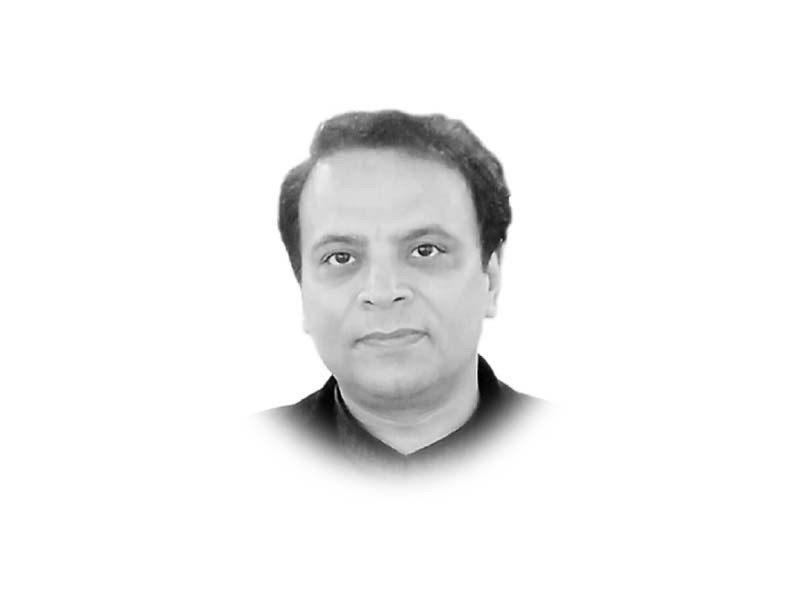
Pakistan has recently secured a badly-needed short-term financial package of $3 billion from the IMF.
The package, per media reports, will give the Pakistan economy a much-awaited relief as it teeters on the brink of default.
The latest nine-month standby arrangement will provide a crucial respite to the country’s banal issue of balance-of-payments.
Against this backdrop, it is pivotal to analyse the longterm sustainability of such financial packages and the baleful consequences of securing readily-available cash from foreign lenders.
It is also critical to analyse why other regional countries, like Bangladesh and India, are making tremendous economic progress and why Pakistan is desperately looking for foreign cash — and that too on very tough conditions.
Some major factors behind the extolling success of other regional countries are inclusive economic policies, strong democratic institutions, people’s well-being as a policy priority and an overall non-extractive approach towards their natural resources by focusing on innovation and entrepreneurship.
Back in 2017, one of my research papers was published by Critical Planning Journal of the University of California Los Angeles.
The paper used the concepts of Extraction and Resistance in explaining how the construction of urban roads was advanced in New Zealand by misusing rules and regulations.
Similar trends could be observed in Pakistan where institutional asperity and dictation in policymaking has prompted urban sprawl and unbridled expansion of cities by exploiting natural resources such as urban lands.
Extraction, by and large, is an anti-growth phenomenon through which the powerful elite of a country unjustly extract its resources through dogmatic use of power.
Resistance, offered by the affected stakeholders, is a natural outcome of extractive policies of a country.
The Extraction-Resistance framework is an interesting conceptual lens while analysing Pakistan’s recent standby arrangement with the IMF and its long-term economic sustainability.
In a 2012 article, noted American blogger Jason Kottke differentiated between inclusive economic states and extractive states.
As per his interpretation, extractive states are controlled by ruling elites whose objective is to extract as much wealth as they can from the rest of society.
Inclusive states, however, give everyone access to economic opportunity.
In this regard, both cross country and time series data suggest that greater inclusiveness in economic policies creates more prosperity and economic growth which, in turn, creates more incentives for greater inclusiveness.
Jason’s argument basically highlights the importance of economic inclusivity as a rudimentary force that brings economic growth and prosperity in a country.
In this context, the only factor that differentiates Pakistan’s economy from other regional players, like Bangladesh and India, is lack of economic inclusivity.
Some analysts may argue that some countries, such as China and Russia, are making huge economic progress despite weaker political inclusivity.
However, one could clearly observe that these countries remain very strong on the front of economic inclusivity.
Putting people’s well-being on the top of the policy is the bottom-line defining economic inclusivity.
Pakistan needs to take immediate remedial measures to drastically reduce its dependence on IMF and other international financial sources by putting people’s well-being as top most policy agenda.
In this regard, three are three relevant questions raised in one of the OECD reports: 1- How well are our economies doing for people? 2- How sustainable is our way of living? And, 3- Are our societies thriving with purpose? Thematically, these questions are very pertinent when analysing the long-term sustainability of Pakistan’s economic growth, its standby arrangement with IMF and the country’s balance-of-payments issue.
Taking up the first question, Pakistan’s recent financial arrangement with the IMF clearly reflects that the country’s economy is technically not doing well for the well-being of people.
The policy priorities lack an element of collective wisdom and economic inclusivity which actually discourages the culture of business entrepreneurship and innovation.
As a result, Pakistan’s exports are declining day by day when compared with other regional economies, such as Bangladesh and India, achieving new milestones in trade and fast strengthening their economic prowess in the region.
The second question reflects the core issue of sustainability of ongoing economic policy arrangement in Pakistan.
The very concept of sustainability is all about generating new economic resources in such a way that they become cyclical and permanent source of income in the long run.
Currently, Pakistan’s economic policy approach favours the rich and the powerful.
This suggests that it is extractive in nature benefitting the country’s elite class.
The concept of extraction itself juxtaposes that extraction, in itself, is not a sustainable phenomenon because the goods to be extracted, such as natural resources, are limited in size and quantity.
As a result, it may bring speed-money to the powerful class but, in most cases, it is unable to create permanent sources of income for the nations.
Therefore, there are strong reasons to believe that Pakistan’s way of living is not sustainable.
The third thematic question is about the purpose of society living in Pakistan.
The country’s cash-strapped economy, abject poverty and the tug-of-war between the powerful and the powerless is increasingly taking away the purpose of life from the society in general and the people in particular.
Today, a common man’s life is a saga of dejection and despondency owing to the never-ending economic challenges.
Consequently, the society is increasingly becoming purposeless and is, therefore, unable to thrive economically.
A palpable way-forward is to do away with extractive policy approach in business, trade and economy.
The first step is to cajole stakeholders to think about bringing an institutional power harmony in the country.
Monopolistic approach in policy and planning needs to be discouraged.
The hardworking businessmen and traders need well-informed policy advice on the export and promotion of the goods they manufacture.
Pakistan’s vibrant services sector, such as Information Technology (IT), also needs coherent and inclusive policy approach so that the IT exports could drastically be bolstered.
The entire state machinery will have to make a strategic decision now that people’s wellbeing will be the top most agenda of the country by agreeing on a mutually acceptable formula revolving around the principles of inclusive economic policy approach.
The earlier discussed three questions may help devise necessary processes for this purpose.
If the corrective measures are not taken now, Pakistan will continue to depend on foreign lenders which will unarguably transform it into an utter extractive state in near future.







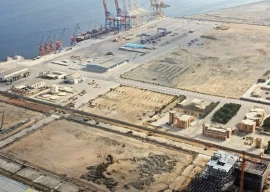
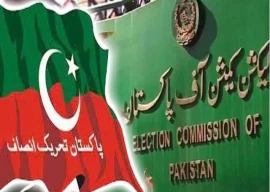
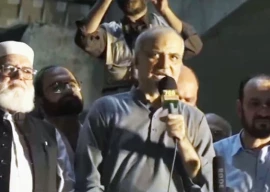
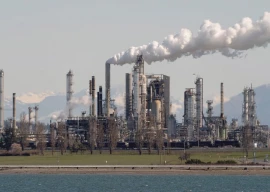




COMMENTS
Comments are moderated and generally will be posted if they are on-topic and not abusive.
For more information, please see our Comments FAQ